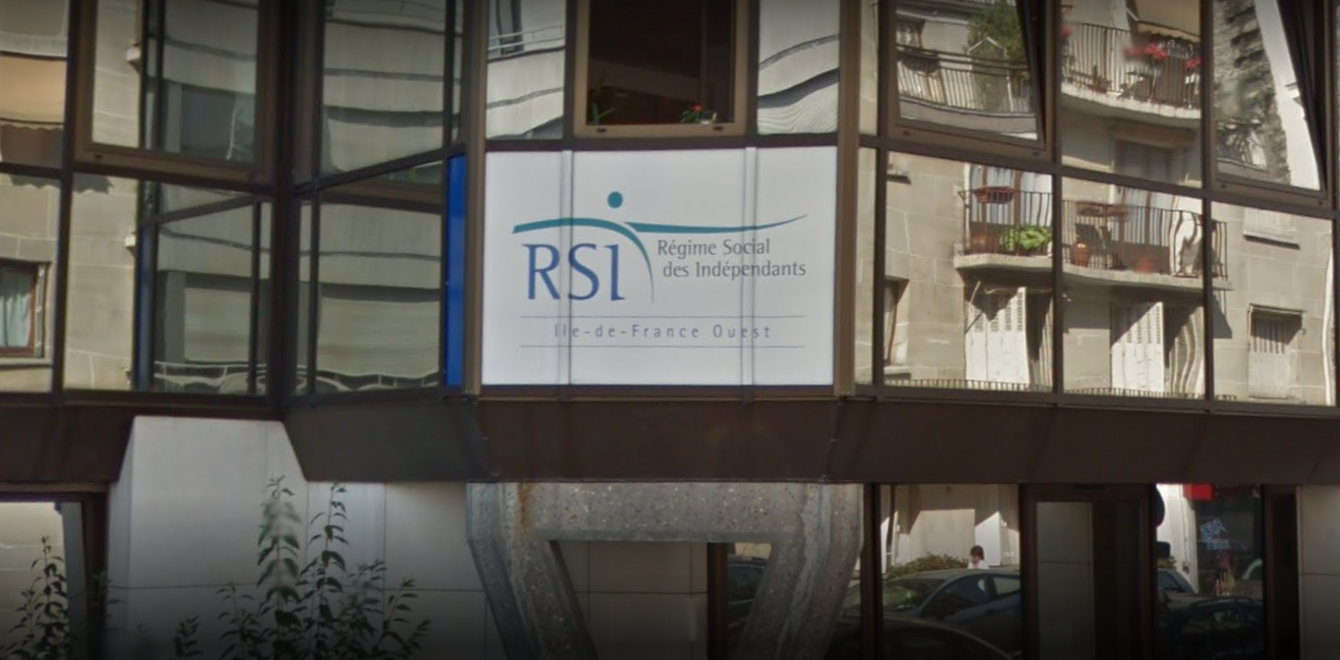After many years of a love/hate relationship, millions of French entrepreneurs are on the verge of witnessing a reformed RSI, the social regime of the self-employed. National widespread debate continues about the impact of the RSI reform on economic growth, or what it will mean for the growing communities of French entrepreneurs escaping the “City of Lights” and moving to abroad tech centers such as Silicon Valley.
The End of a Very Unpopular System
This reform might not come as a surprise for Emmanuel Macron. Being liberal in economic terms, he could no longer afford to ignore the complaints against a specific social security fund, the social regime of the self-employed (RSI). During his campaign, and anxious to support the creation of new businesses, he promised to initiate a reform of the social system devoted to self-entrepreneurs, artisans and small traders and liberal professions.
At a time when the government is increasingly being accused of pursuing policies in favor of the better-off (a chorus of French voters even sang to his predecessor, François Hollande, during his 5-year term), the government might feel the need to increase the tax burden on the middle-class. Last Tuesday the Prime Minister, Edouard Philippe, announced the content of the RSI reform.
A Highly Anticipated Reform
It was written in bold on page 9 of Emmanuel Macron’s program: “We will abolish the social system of the self-employed.” Nothing too bold in reality, but measures that should, nevertheless, alleviate the entrepreneur’s social regime.
With payroll taxes increasing, the government announced the reduction of social security and medical contributions, which should offset the previous tax increase and represent a surplus in purchasing power for the self-employed. Another key issue is the adjustment of the social security contribution of the self-employed to the general scheme in order to simplify a system. Back in 2012, the Court of Audit, a French Government quasi-judicial body responsible for doing financial audits of public and some private institutions, described the separate social security contribution of the self-employed as an “industrial disaster”. The system should ensure the rights continuity for an employee who becomes independent, and vice versa, where there were previously complex re-registration procedures for different funds.
To boost entrepreneurship, the government also creates a “white fiscal year” for entrepreneurs. From 1 January 2019, they will be exempted from all social security contributions for their first year of operation, subject to a turnover of fewer than 30,000 euros. The government is announcing through this new and highly anticipated announcement a desire to “allow new people to get started, and to accompany them throughout their self-employed life”. “We tried to build a coherent plan, not just small tax measures.”, declared Philippe.
Consensual Measures Hiding Potential New Issues
Again not so bold as the issue of the RSI was the subject of a relative consensus during the presidential election, in which the main candidates were advocating for the suppression of the RSI regime.
The same concern surrounds the reform of the labor code, in what concerns the measures aimed at small and medium-sized enterprises.
Ending the RSI raises the question of who will manage the supplementary pension, currently provided by the RSI, for the self-employed? The Prime Minister has expressed the wish to “associate the representatives of the self-employed with future governance”.







